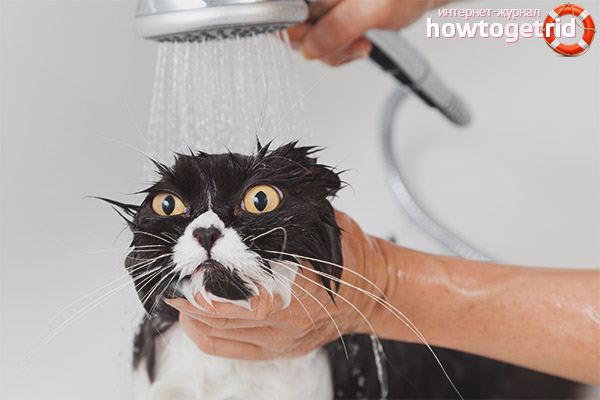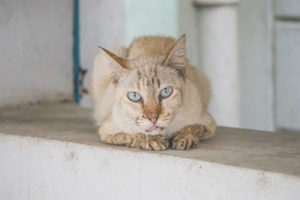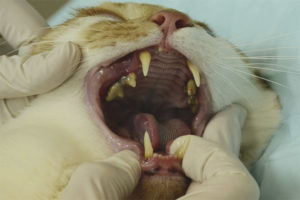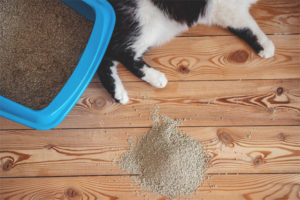The content of the article
Castration of a cat is a unique opportunity for a person to live with an animal in the same apartment without the desire to get rid of the pet. The castration procedure is a solution to many of the problems faced by new owners. With the help of castration, first of all, the owner gets rid of unreasonable aggression during the mating season. Cats stop marking territory, because their sex hormones simply are not produced. If a kitten is neutered in time, it will not gain weight and will not become lazy. In this article, we will talk about castration, as well as learn about ways to care for animals in the postoperative period. Particularly frequent is the question of bathing a pet after surgery.
What is castration?
Today, castration is a very common procedure, which has supporters and opponents. But when the pet begins to put marks everywhere and the whole house smells of cat urine - this forces, finally, to make the right decision. Veterinarians advise to do the castration procedure earlier, even before the first love hunt. Castration and sterilization are similar concepts, but with different meanings. Cat sterilization is a dressing of the animal’s seed channel, that is, sexual functions are preserved, but the cat can no longer have offspring. This option is not suitable for the owners, since it does not solve the main problem - it does not suppress sexual desire, cats continue to mate and, accordingly, mark the territory. But castration is the removal of the seminal ovaries along with the appendages, in which the “love” hormone is produced. After this, the sexual desire of the animal is completely suppressed, the behavior changes.
Today, most veterinarians and breeders talk about safety and the need for a castration procedure. The only negative is surgical intervention. Be that as it may, castration is an operation that will require the use of anesthesia, a wound is a possible risk of infection, etc. Fortunately, the current conditions of the procedure are at a high level, veterinarians perform several such operations per day. The only thing that is required from the owner is a special care in the first few days after the operation.
How to care for a cat after castration?
It is better to get out of anesthesia in a clinic setting so that doctors can track possible risks. Usually, a couple of hours after the release of anesthesia, the pet is sent home. As a rule, the animal will recover after castration for 3-4 days. Doctors should treat the wounds, perhaps a couple of days will have to travel to the dressing. Avoid active games and heavy food, the cat should be at rest. If the pet licks the wound area, it is better to wear a protective collar that will protect open tissues from exposure to contaminated saliva.
Can I wash a cat after castration?
Of course, you can’t wash the cat after the operation, otherwise water can become a source of infection of a fresh wound. In general, a cat is not washed often - no more than once a month.Therefore, you must take care of this in advance and bathe the animal before the castration procedure. In this case, you do not have to think about bathing for another month. And during this time, the wounds will completely heal and water procedures will be completely safe.
If you didn’t have time to bathe a pet before castration, it is better to abandon water procedures at least in the first 2-3 weeks after surgery. If the animal is very dirty, you can use a dry shampoo, which is simply applied to the coat, absorbs grease and dirt, and then it must be combed thoroughly. You can clean the animal’s hair with odorless and alcohol-free wet wipes. And you can wipe the cat's hair with a clean, damp cloth. If the animal is walking on the street and you just need to bathe it, do it no earlier than a week after the operation. Use a minimal amount of detergent, try not to lather the area of the open wound. Unfortunately, not a single patch or bandage will protect the sutures from getting wet, so swimming in the first time after surgery is highly not recommended.
Many alleged animal advocates talk about the cruelty of the procedure. But in fact, cruelty is to throw cats on the street that cannot get along with a person. Breeding stray cats, starving and freezing them is a crime. And ensuring the animal a normal life, even with the condition of the castration procedure, is an achievement of modern veterinary medicine, which should be taken with gratitude.
Video: castration of cats - what the owner needs to know










Submit